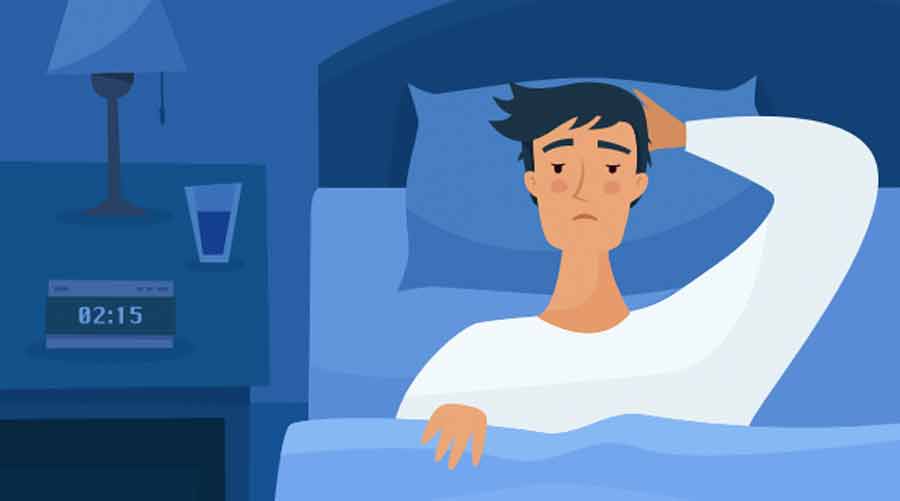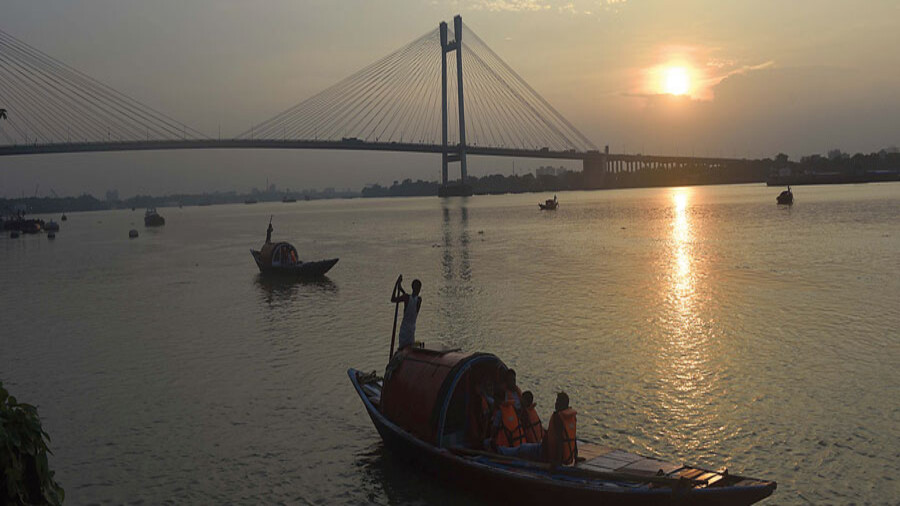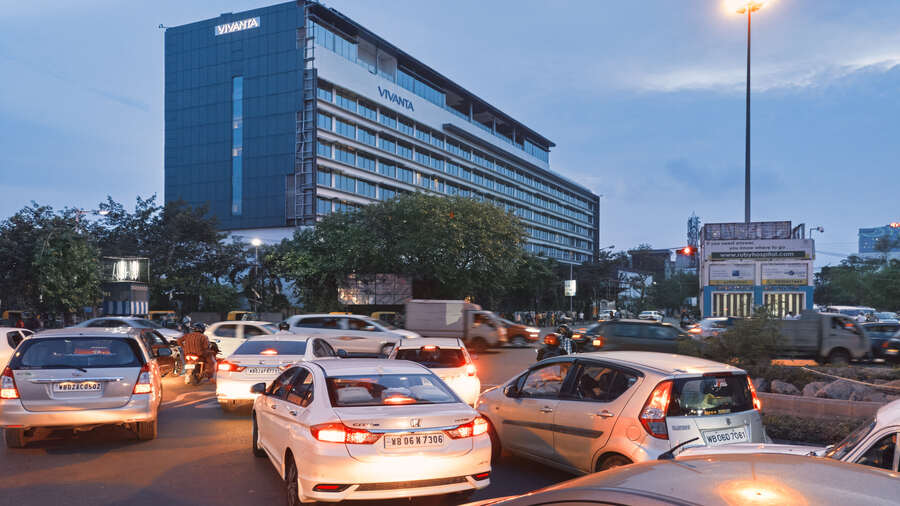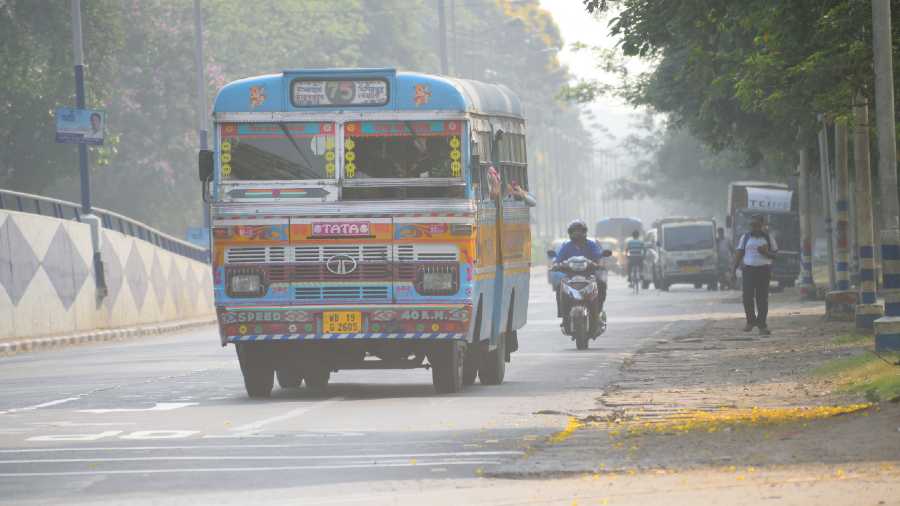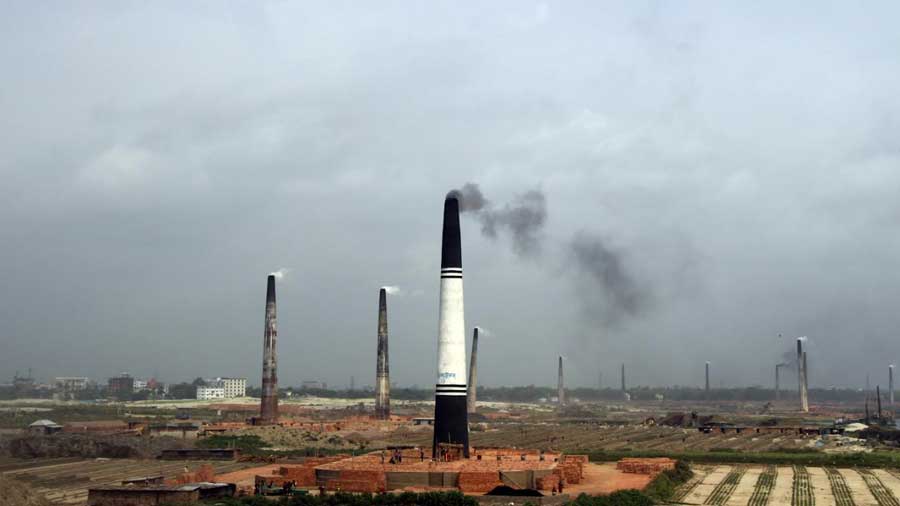Nocturnal noise is “playing havoc” with the sleep pattern of Kolkatans. And air pollution is hampering sleep further, said physicians and sleep experts at a recent meeting in the city on sleep anomalies. The programme was organised by the Institute of Sleep Sciences & Society for Education and Research on Snoring and Sleep Apnoea.
“Severe noise pollution, particularly episodes of sudden high-pitched noise — be it a siren or honking or anything else — at night is playing havoc with the sleep pattern of city residents and we are regularly receiving complaints regarding the problem,” said Dipankar Datta, an ENT specialist and sleep expert based in Kolkata.
Datta added that the city’s night-time noise remains well above the guidelines prescribed by the World Health Organisation in 2017 — 30 to 35 decibels (dB) in the bedroom — a complaint corroborated by a senior official of the state environment department.
“The average noise level in residential areas of Kolkata remains around 50 to 60 dB but it’s a fact that honking or other noises late at night often push the level up to around 70dB or more,” said the official. Even a rise of 10dB in noise level doubles the pressure on the eardrum of an individual.
Frontiers 2022: Noise, Blazes and Mismatches, a recent report by the United Nations Environment Programme (UNEP), documented that the traffic-related noise levels in traffic and residential areas of Kolkata were 89dB and 65dB, respectively.
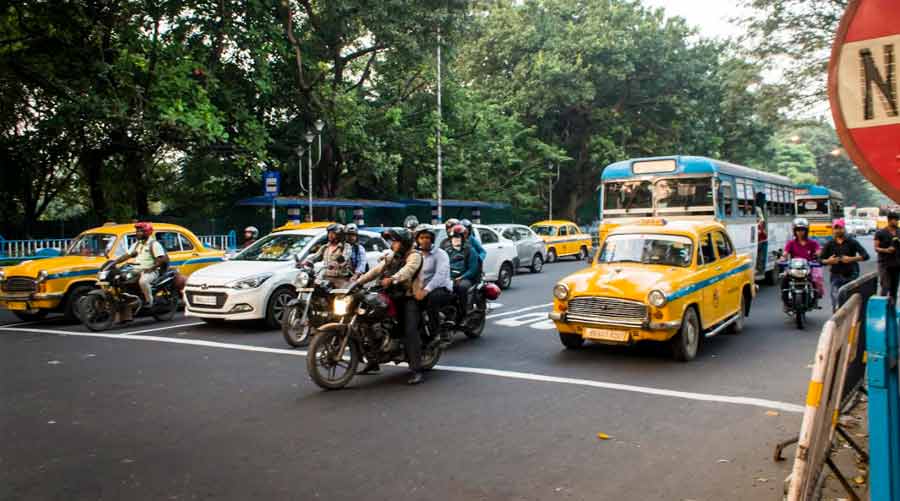
According to a UN report, Kolkata’s traffic is the 11th noisiest among the 61 cities across the world. iStock
According to the UN report, Kolkata’s traffic is the 11th noisiest among the 61 cities across the world. The city traffic is louder than the traffic in Delhi, where traffic-related noise in traffic areas was 83dB and in residential areas, 53dB.
There are 12 cities which registered traffic noise louder than Kolkata. Both Bangladesh’s Rajshahi and Vietnam’s Ho Chi Minh City’s traffic were the fourth noisiest with 103dB among the 61 cities compared in the report. Kupondole in Nepal and Algiers in Algeria also recorded the same noise level of 100dB in traffic areas, making Kolkata the 11th noisiest city.
“The adverse effects of noise on public health are manifold and are a growing global concern. They cover a broad spectrum of outcomes, ranging from mild and temporary distress to severe and chronic physical impairment. Night-time noise disturbs sleep and affects well-being the following day,” says the UNEP report.
“According to a study conducted by the institute that is being published in a medical journal, people with lung diseases are often found to suffer from sleep disorders. It is believed that inflammation caused by exposure to high air pollution gets added up to the inflammation because of sleep disorders, worsening the problem,” said pulmonologist Arup Haldar, underlining the relationship between polluted city air and sleep disorders.
Another recent international report, 2021 World Air Quality Report, found that Kolkata was the second-most polluted among the Indian metros and 60th in the world.
"Many of us do not attach much importance to sleep and do not sleep adequately — often by design — which may lead to multiple physical problems, including neurological disorders, cardiovascular disease, hypertension, diabetes and weight gain. Obstructive Sleep Apnoea (OSA) can even lead to death due to lack of oxygen in the body,” said Haldar.
Music director and singer Bappi Lahiri recently succumbed to OSA a couple of months ago. A Lancet study published in 2019 found 28 million Indians affected by this disease.
“Sleep disorders, often triggered by prolonged exposure to mobile and other electronic gadgets, are associated with cardiac diseases, diabetes and likewise,” said another doctor who attended the meeting.
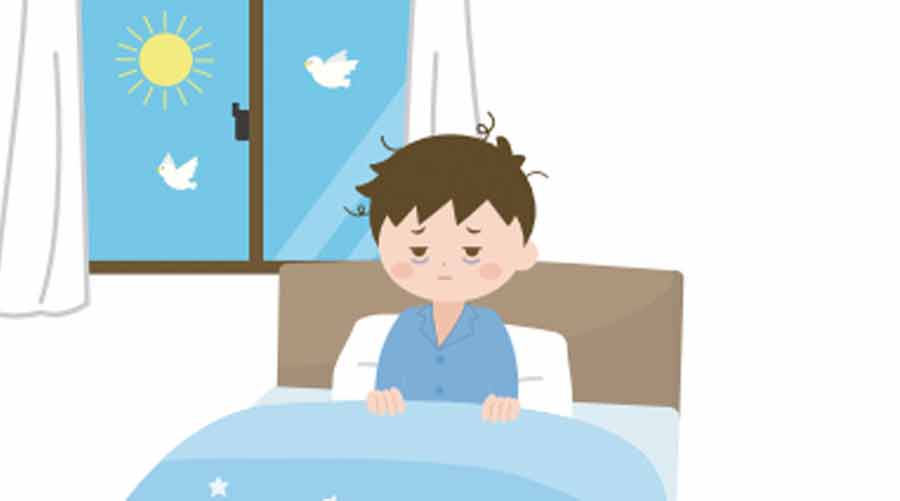
About 15 per cent of children in the age group of five to 10 years snore; about one-fourth of them suffer from apnoea, claims a sleep researcher iStock
Rajarshi Neogi, a psychiatrist, pointed out that insomnia has increased during Covid, particularly in people confined to their homes. “Work from home is completely destroying sleep discipline and triggering disorders,” said Neogi.
“Apart from adults, we are also diagnosing OSA in children of the city,” said Datta.
According to data gathered by the Indian Association of Surgeons for Sleep Apnoea, including data from Kolkata, about one-fourth of the adult population snore in India; and 5 to 9 per cent suffer from sleep apnoea, which is more prevalent in men.
“About 15 per cent of children in the age group of five to 10 years snore; about one-fourth of them suffer from apnoea,” said a sleep researcher.
“Unfortunately awareness about the disease is still extremely low and patients hardly report to doctors, and hence a highly treatable disease is often turning out to be fatal,” lamented one of the doctors during the meeting.
